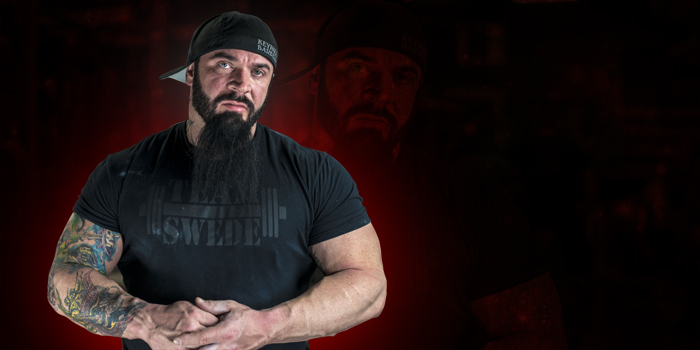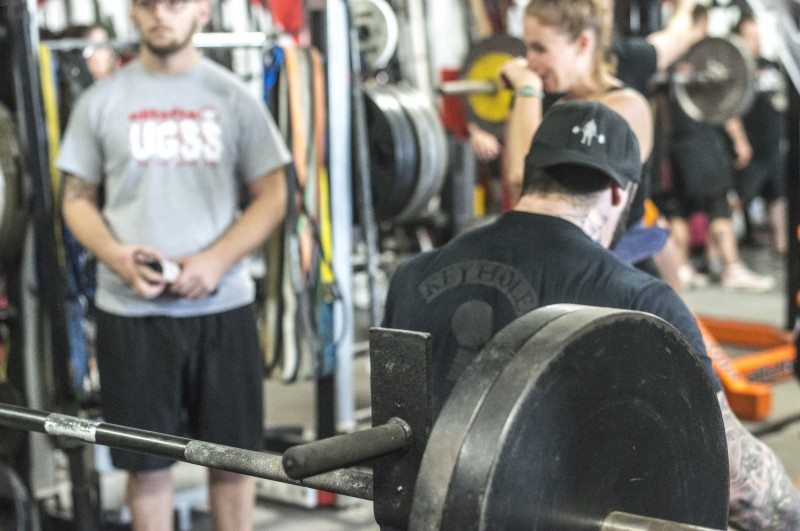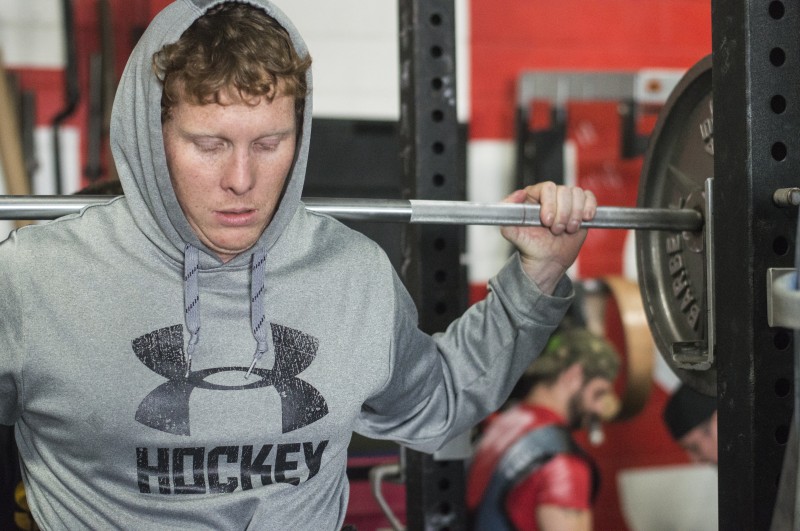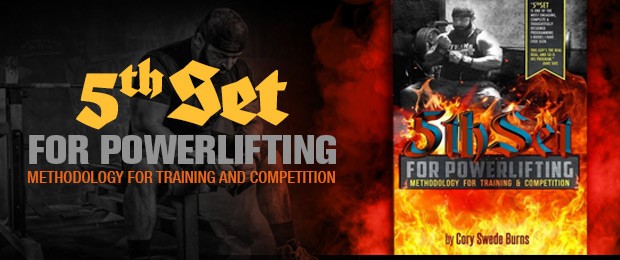
A little knowledge is dangerous.
Wait, what?
Knowledge is a good thing, right?!
Yes, beyond any doubt, knowledge is a good thing. The same can be said for experience. It's very useful and we can learn a lot from it. However, a little experience can be dangerous, as well. And the same goes for raw data.
I am happy to explain what I mean.
You see, a little raw data can paint a very different picture from a large amount of information. Let's say for example a given individual claims that saturated fats are, in fact, not bad for your health and cites that their best friend's grandfather lived to 102 years old, eating plenty of bacon, butter and red meat at every meal.
In this example, the grandfather, living much longer than the average human, is presented as "smoking gun" evidence to the contrary of what is at this point conventional wisdom: saturated fats are linked to negative health outcomes, specifically an increase in LDL (a type of blood lipid), a major risk factor for heart disease.
RECENT: A (Battle) Cry for Help
The story about the friend's grandfather is what I would refer to as the fallacy of anecdotal evidence.
It is a sampling error and an attempt to persuade, using bad evidence, that a valid answer, which suits the presenter's preferred beliefs, has been reached. Often the presenter is not even aware of what they are doing, due to confirmation bias. That's a very formal way of saying that people tend to search for and remember things that confirm what they've already decided they want to believe while giving less consideration to alternative possibilities.
This is probably beginning to sound familiar to some of you, as arguments based on a small amount of anecdotal evidence run rampant in the strength training/fitness community. Though, rarely are these arguments presented by actual professionals. I will get to why that is later on.
The American Heart Association recommends limiting saturated fats in the diet. The decision to make this recommendation was based on decades of sound scientific evidence, suggesting high saturated fat intake can increase blood lipid-related risk factors for heart disease. There are many factors which influence heart disease, like exercise, body weight, blood pressure and genetics; and when making decisions about what to recommend, much the same as experts in any field, physicians tend to go with what the preponderance of data suggests.
Of course, we can always use more research, but a small amount of anecdotal evidence, going against a wealth of valid data to the contrary, can easily be explained. In this case, it can be explained by some of the other factors effecting heart disease (listed above) without even getting into biases or other issues with validity. So, while it is interesting that ol' boy was able to last 102 years, all the while doing what the evidence suggests is the wrong thing, it does little to dissuade me from continuing to believe what is widely accepted (for good reason) at this point.
Going against what the science suggests, when there is a good amount of solid evidence, is usually a bad idea. In this case, there is plenty. There might be some stylistic changes in recommendations from one expert to the next on this subject, but nothing dramatic.
Some may stress that other risk factors, like overeating in general, lack of physical activity or hypertension are more important to look at than reducing the intake of saturated fats because these could have a greater impact on the likelihood of developing heart disease. This is a position I tend to agree with (for what it's worth, I'm not a doctor). These facts notwithstanding, I don't think you will be able to find a physician or nutritionist worth her weight in dog shit who would recommend that a patient eats a diet high in saturated fats.
So you see, while the wheel is being refined constantly, it remains pretty round. I won't say no one has tried to reinvent it with another shape, but the vast majority of wheels will always be round. The reason for this is rather simple. They have been shown to roll down the road very well that way. That is not to say they haven't been improved on in many other ways.
We use tires on them now, too, which can absorb a lot of the vibration from surfaces we travel over. Some even have big knobby claws protruding, which allow them to grip the ground better in the snow. Some wheels don't have tires at all, but rather, a series of them will be wrapped in caterpillar tracks to propel a tank across a variety of different terrains. Stylistic and application differences are many, but the wheels remain round. We know that works best.
Someone would have a hard time at this point trying to convince us that an octagonal wheel is a better idea, even with the testimony of their uncle who gets great gas mileage in his Prius, sittin' on octas. You see, just about everyone has enough experience with wheels to scream "bullshit" at that proposition.
Every vehicle on the road is on round wheels. But even if someone showed us, five idiots, rolling down the highway in Prius' with oddly shaped footings, getting 85mpg, most of us would still shake our heads and say "It would have been 100mpg on round wheels."
Common sense, right?
We tend to lose some of this when it comes to training and competition. Most of us don't have as much experience with it as we do with wheels. If we've done twenty powerlifting meets, our experience, though valuable, is really only applicable to ourselves. And even then, we still don't have much data.
I would classify the things we just discussed about wheels as pretty basic information. Common knowledge. Conventional wisdom, if you will. Things that we know based on the tremendous volume of examples we've witnessed of wheels in action, throughout our lives. The same way that when it comes to training, we all know lifting weights generally gives us bigger, stronger muscles. However, the mechanisms at play, we may know a lot or very little about.
Let's liken this to the specifics about wheels. If we wanted to find out what type of tire or wheel was best for a certain terrain, we could read an article on the subject or watch a video about it on YouTube. No matter what information source we chose, what we gathered about the factors that influence tread life, what type of tire is best for which weather condition, how they are manufactured, and so on, would not make as much sense to us as it would to an expert on the subject. Selecting the right tire may not be the science of rockets, but it is certainly not my expertise, either. I have found that the best way to learn about any subject, by far, is to consult an expert (or many experts).
Even if we bought and used, ourselves, 50 sets of tires in our lives, what we learned would really only be applicable to our specific needs and it would be a drop in the bucket compared to the volume of experience, feedback and specific information the average expert has gathered. We would still have a lot to learn.
Me? I'm going to defer to the expert every time.
I don't have any desire to develop an expertise in tires, but even if I did, I'd still defer. I learned the basics in my field from trusted experts, decades ago, and using those tools I have continued to test, refine and perfect my opinions from there to here. It's worth mentioning that I tested them for many years before I even claimed they were solid.
So if I want to learn about tires, I may do some research to help me discern an actual expert from a charlatan, but all my research will tell me is what the majority of experts are doing, and maybe some terminology I can use to not sound like an idiot (or misuse and really sound like one).
To bring this back to training and competition, as athletes we are like drivers. We operate vehicles that roll down the road on wheels, but the driving is where we keep the majority of our focus (or it should be). We may find, through trial and error, that we prefer a certain brand of a tire over another, but very rarely will we be going against what the majority of successful drivers use to any immoderate degree.
Now, some of us are also coaches, like me; and some are still working hard toward becoming coaches (pay close attention to what's coming, if this is you). Some of us have even gathered enough good information and practice to be considered experts or specialists. You will have a hard time finding one of us who fits into this category and goes countercurrent to what are the accepted principles in our field. Again, stylistic differences are common, but a dramatic conflict in recommendations: not so much. Experts tend to hold the fundamentals sacrosanct, and sometimes disagree about the minutia.
We should always start with what we know, the things that have been shown again and again to work. We should also be very suspicious of anyone trying to convince us that the overwhelming majority of evidence is incorrect. In short, if every expert (or even a large number of experts) in a given field agree on a certain thing, it's probably because that thing has been shown to be correct. There are exceptions, of course, and it's important to remain open to them, but they are rare.
This is general advice, here, but these are pearls I'm giving you. Most people stumble over this shit for years, convinced they've figured out a secret everyone has missed.
Question everything, and feel free to experiment with different things for yourself, but if you want to help others, the best place to start is developing a very lucid understanding of the things that have already been shown to be true and effective.
Sir Isaac Newton was no dummy. He is widely recognized as one of the most influential scientists of all time. If anyone managed to pull off the trick of reinvention, it was him. (Mention Leibniz and I'll smack you.) He formulated the laws of motion and universal gravitation and is considered to be the founder of modern classic physics. But even with the leaps and bounds he took, dragging the scientific world along on its head as though it were tied to his foot, he still admitted, freely: "If I have seen further than others, it is by standing on the shoulders of giants."
When I developed 5thSet, which is now one of the most widely used methods of training in powerlifting, I didn't reinvent the wheel. I just tried to climb up on the shoulders of the greats who came before me and see what I could make of things. The result was the only complete methodology for powerlifting that I am aware of, and I was able to do that without a single piece of it going against the principles which are generally accepted to be true by other experts.
A little knowledge can be dangerous, but with enough of it, just about any problem can be solved.












